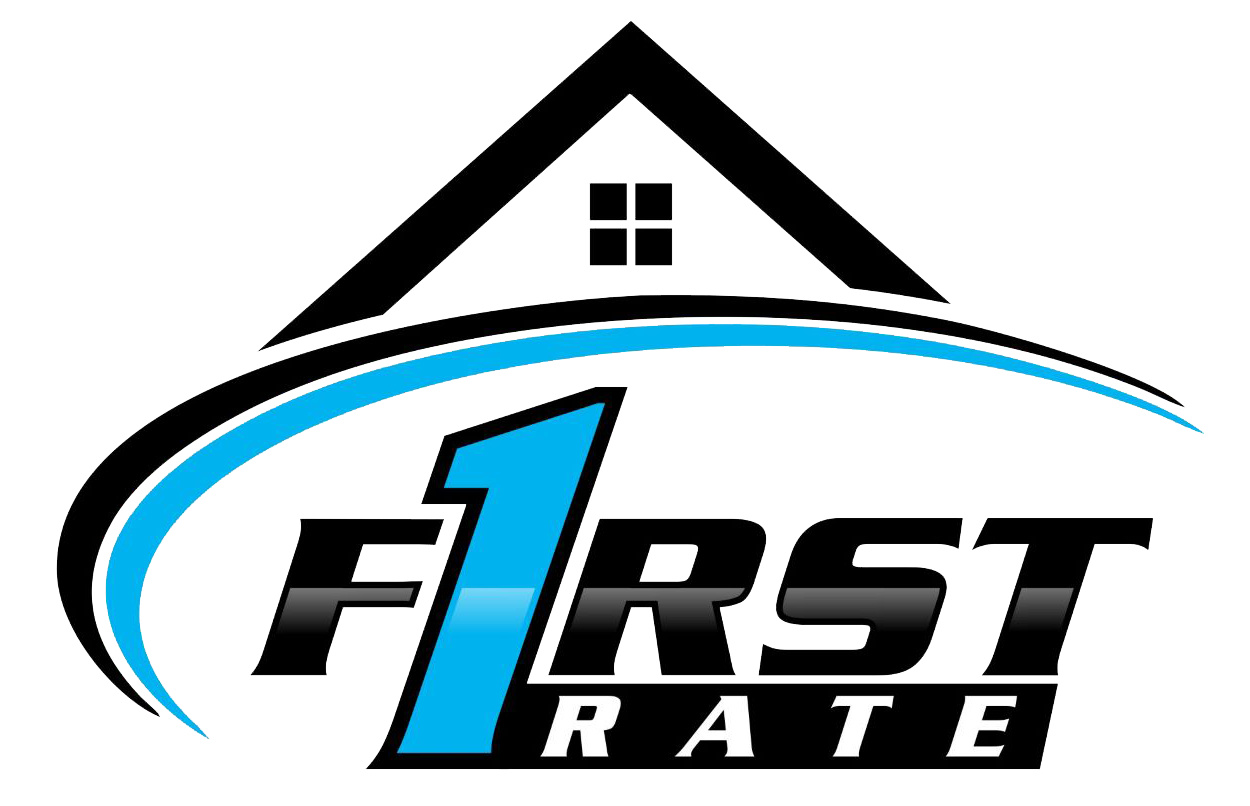A combination of fixed rate and adjustable rate loans:
Fixed-Period ARMs
Borrows often lock into 3 to 10 years of fixed rate payments before the initial interest rate change. At the end of the fixed period, the interest rate adjusts annually. Fixed-period ARMs are typically tied to the one-year Treasury securities index: 3/1, 5/1, 7/1 and 10/1.
ARMs with an initial fixed period beside of lifetime and adjustment caps usually have also first adjustment cap. It limits the interest rate you will pay the first time your rate is adjusted. First adjustment caps vary with type of loan program.
The advantage of these loans is that the interest rate is lower than for a 30-year fixed (the lender is not locked in for as long so their risk is lower and they can charge less) but you still get the advantage of a fixed rate for a period of time.
Balloon Loan
Balloon Loans offer a fixed rate for a specified time period, typically 5 or 7 years, and then adjust to the current market rate. After the adjustment the mortgage stays at the new fixed rate for the remainder of the loan period.
Graduated Payment ARMs
Graduated payment mortgages initially offer lower payments at the start of the loan that gradually increase at preset times. Lower initial payments allow borrowers to qualify for a larger loan amount. Loan amounts negatively amortize during the early years of the loan then pay off the principal at an accelerated rate through the later years.
GPM payment plans will vary by rate of payment increases and number of years over which payments will increase. The greater the rate of increase, or the longer the period of increase — the lower the initial mortgage payments.
Convertible ARMs
If an adjustable rate mortgage is convertible, the borrower may convert to a fixed rate mortgage, when interest rates begin to rise, without refinancing. The new rate is established at the current market rate for fixed-rate mortgages. The terms of convertibility vary among lenders. Typically it involves a nominal fee and minimal paperwork. The downside is that the conversion interest rate is often a little higher than the market rate at the time of conversion.
A fixed rate loan with a rate reduction option allows borrowers, under predetermined conditions, to adjust to the current market rate for a nominal fee. The discount points or interest rates are often slightly higher for convertible loans.
Buydown Mortgage
A temporary buydown initially offers a lower interest rate and lower monthly payments. In order to reduce monthly payments during the first years, borrowers make an initial lump sum payment or agree to a higher interest rate. Over the years, the interest rate gradually increases until it peaks at a fixed rate. Borrowers who chose this loan often expect a significant increase in their income.
